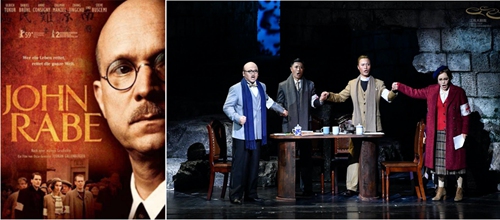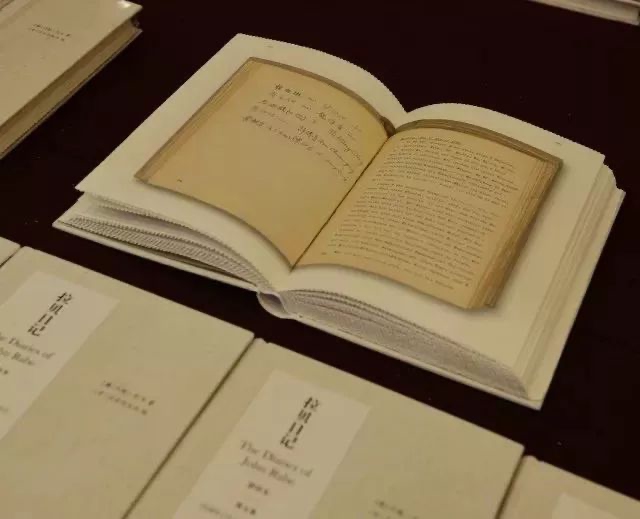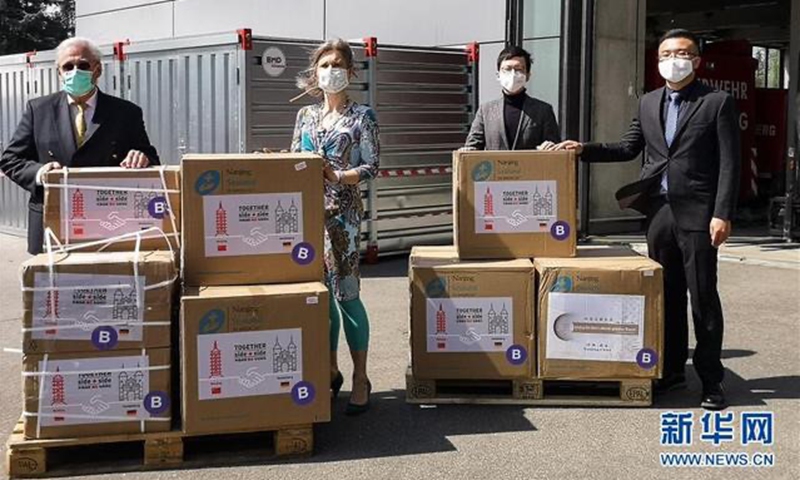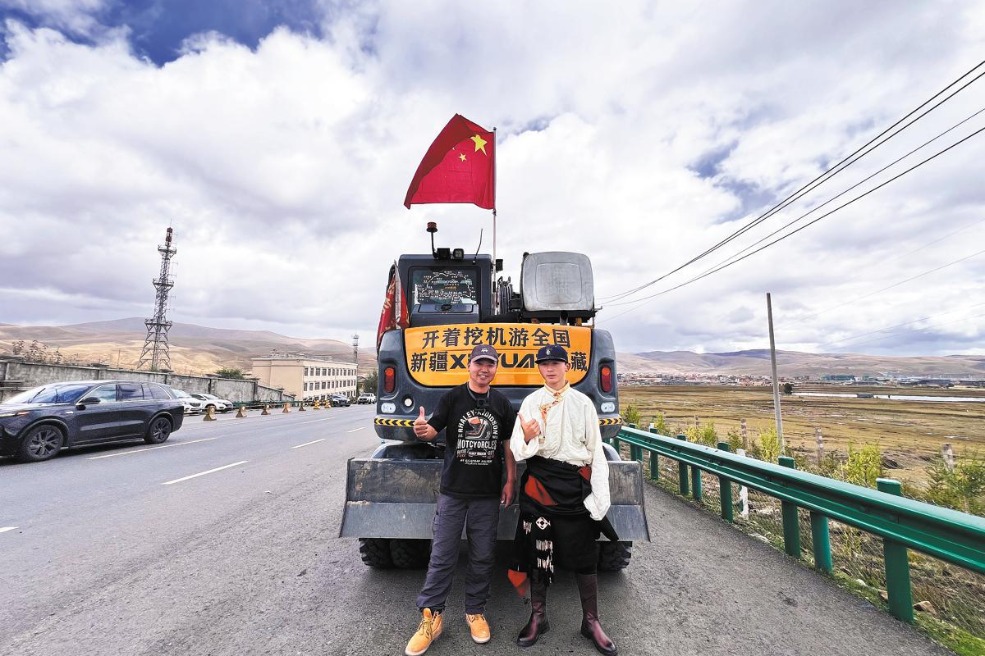Reciprocating Kindness and Generosity — The Story Behind an Emergency Delivery of COVID-19 Response Aid

Editor's Note: To celebrate the 100th founding anniversary of the Communist Party of China, we are launching the "100 CPC Stories in 100 Days" series, featuring foreigners who witnessed and participated in the CPC's history and helped the world better understand the CPC. The following is the 94th story of the series.
It was March 2020. COVID-19 was sweeping the world and putting millions of lives in danger. The Chinese Embassy in Germany received a call for help from a doctor at the Medical Faculty of Heidelberg University in Heidelberg, southwest Germany, requesting medical supplies from China to aid his hospital in fighting COVID-19. The doctor was no other than Thomas Rabe, the grandson of John Rabe, a renowned German businessman who led the Nanjing Safety Zone and wrote The Diaries of John Rabe during World War II. He is known as the Oskar Schindler of China for saving hundreds of thousands of civilians during the Nanjing Massacre.
Born in 1882 in Hamburg, John Rabe came to China in 1908 at the age of 26 and was employed by Siemens. He worked and lived in many Chinese cities including Beijing, Tianjin and Nanjing.
On the eve of the Japanese attack on Nanjing in 1937, John Rabe and a dozen foreign missionaries, professors, doctors and businessmen established the Nanjing Safety Zone, and he became the leader of the International Committee responsible for managing the safety zone. Within the 3.86-square-kilometer zone, a total of 25 refugee shelters were established, one of which was John Rabe's residence and office in Nanjing located at No.1 Xiaofenqiao on Guangzhou Road. After the city fell to Japanese troops, the Safety Zone harbored about 250,000 Chinese civilians from death and violence, including about 600 refugees who found shelter in Rabe's garden.

Despite the serious danger and difficulty he faced after Japanese troops took over Nanjing, John Rabe made enormous efforts to seek support for his cause. He engaged in protests and did everything he could to try to stop the atrocities of Japanese aggressors against the Chinese people. He recounted the heinous crimes committed by the Japanese army in Nanjing in his diaries and other writings, which provide more details and are better preserved than any other historical record discovered in recent years on the Nanjing Massacre. John Rabe wrote, "when viewing these horrible cases, it really doesn't leave you in a good mood; but I wanted to see these atrocities with my own eyes, so that I can speak as an eyewitness later... I do not regret having stayed on here, for my presence has saved many lives, but all the same, my suffering is indescribable." Besides diaries, he also kept more than 80 photos taken at the scene of the events with detailed captions.

In December 1996, after almost 60 years since its writing, The Diaries of John Rabe was released by John Rabe's granddaughter, Ursula Reinhardt. The 2,000-page book was hailed as the Schindler's List of China. In April 2016, the Rabe family donated the original eight diaries written by Rabe on what happened in Nanjing titled Enemy Planes over Nanjing (Vol.I-VI), to China's Central Archives. Donated along with the diaries were the original Red Cross armband used by John Rabe and other historical materials. Li Minghua, director of the Central Archives, said the addition of the diaries to the Central Archives provides valuable historical evidence to the in-depth research on the Nanjing Massacre.
John Rabe's heroic humanitarian effort has always been remembered by the Chinese people. The request of Dr. Thomas Rabe, the grandson of John Rabe, at the Medical Faculty of Heidelberg University, soon received a response. In April 2020, with all the help and coordination that was needed, the medical supplies donated from various quarters including medicines, protective suits and masks reached Germany from China. Staff from the Chinese Embassy in Germany drove 700 kilometers from Berlin to Heidelberg to deliver the supplies as fast as they could to the government of Heidelberg, the Medical Faculty of Heidelberg University and Dr. Thomas Rabe himself. Zhang Jianjun, who is the Executive President of the Memorial Hall of the Victims in Nanjing Massacre by Japanese Invaders, explained the design of the boxes containing the medical supplies. "The packaging is decorated with the images of Chinese violet cress and doves of peace. A famous quote from Goethe is printed on an eye-catching spot that reads 'Forever green is the tree of life'. Next to the quote is the inscription on the seal once used by John Rabe which reads 'fu zhi chang long' (may happiness and prosperity forever flourish). The words and motifs convey China's good wishes for the health of the recipients and commitment to solidarity with our friends in such trying times." Zhang said. After receiving the supplies, Dr. Thomas Rabe was very excited. "At this special moment when the pandemic is raging," he said. "The help from China once again shows that the Chinese people never forget their friends. I would like to express my most sincere gratitude to the Chinese government and people, to the People's Government of Nanjing Municipality, and to the Chinese Embassy."

As a famous Chinese saying goes, "Drips of water received as kindness shall be returned with a gushing spring." Eighty years ago, John Rabe joined the fight against Japanese fascists in China and gave Chinese people invaluable help out of a strong sense of righteousness and humanitarianism. Eighty years later, China joins the global fight against the pandemic and returns Rabe's kindness by extending a helping hand.







































